Leveraging Home Equity to Invest in Preconstruction

Have you ever thought about getting into real estate investing but felt like your savings just won’t cut it? Well, you’re not alone. But there’s a solution, a valuable resource you may already be sitting on: your home equity.
Whatever your goal is, building long-term wealth, helping your kids into the housing market, or simply growing your investment portfolio, home equity opens new doors. Literally!
Pre-construction condos in Toronto or other fast-moving real estate markets like Vaughan or Mississauga have become a hot ticket. The key to success? Quick access to cash, and that’s where home equity steps in!
Hi, my name is Jatin Gill, and I’ll walk you through how to use home equity for condo investments, whether it’s through a HELOC (Home Equity Line of Credit), refinancing your mortgage, or other borrowing strategies.
Read: Pre-Construction Condos 101: A Beginner’s Guide
Understanding Home Equity
Before we can answer the question “how to use home equity for condo investments,” we should get clear on what home equity means. Simply put, it’s the difference between your home’s market value and what you still owe the bank. Think of it as your financial share in your property, the part you truly “own.”
Why equity matters for pre-construction:
- Payment schedules (e.g., 5% at signing, 5% in 6–12 months)
- Lower initial cash requirements vs resale properties
- Time to grow your investment before completion
In Ontario’s rising market, many homeowners are gaining equity just by staying put. But as the old saying goes, “Money sitting idle is money losing value.” Tapping into your home’s equity means putting it to work toward your long-term financial goals.
Read: Buying Pre-Construction: What are Deposit Structures?
How Home Equity Works
Home equity doesn’t just appear overnight; it builds over time, usually without you even thinking about it. It’s like planting a tree: the more time passes, the more equity you gain. It’s one of those “slow and steady wins the race” kind of things.
There are two main ways equity grows:
Equity-building factors:
- Mortgage payments reducing the loan principal
- Property value increases due to market appreciation (common in Ontario)
Now, what happens when you want to tap into that equity? Of course, you can’t just walk into the bank and say, “I’d like my equity in twenties, please.” There’s a process.
Accessing your home equity typically involves:
- Property appraisal to confirm current market value
- Credit score review to assess borrowing strength
- Approval for HELOC, refinance, or second mortgage (by the lender)
Approach this with care. Yes, it is a smart move, I mean, using home equity, but only when it’s part of a bigger plan. Why? Pre-construction condos take years to complete, & payments come in stages, so borrowing responsibly is key.
Responsible borrowing means:
- Realistic repayment plan for loan or HELOC: Monthly payments within budget, no stress.
- Consideration of interest rate fluctuations: Variable-rate products, potential rate hikes, preparedness.
- Avoidance of over-leveraging: Borrowed amount manageable, financial strain prevention.
Pro tip: Don’t bite off more than you can chew. Home equity can be a powerful ally, but only if used wisely.
Read: The Pre-Construction Condo Timeline Explained
How Much Can You Borrow?
So, you’ve built up equity in your home, great! But how much of it can you actually access? Up to 80% of your home’s appraised value, minus whatever you still owe on your mortgage. This is the amount lenders typically allow you to borrow. I give you an example:
Example scenario:
- Home value: $700,000
- 80% of value: $560,000
- Outstanding mortgage: $200,000
- Maximum equity available: $360,000
That $360,000 is your buying power. You can use it to finance one or even multiple pre-construction condos, either as an investment or for personal use, depending on the project and payment schedule.
But borrowing isn’t free. There are costs involved, and they can sneak up on you if you’re not prepared.
Common costs to expect:
- Property appraisal fees
- Legal and notary fees
- Title search and registration costs
- Home equity product setup fees (varies by lender)
- Mortgage insurance (if required by the lender)
While these expenses aren’t sky-high, but budget for them and be sure to factor in these upfront costs when calculating your investment strategy.
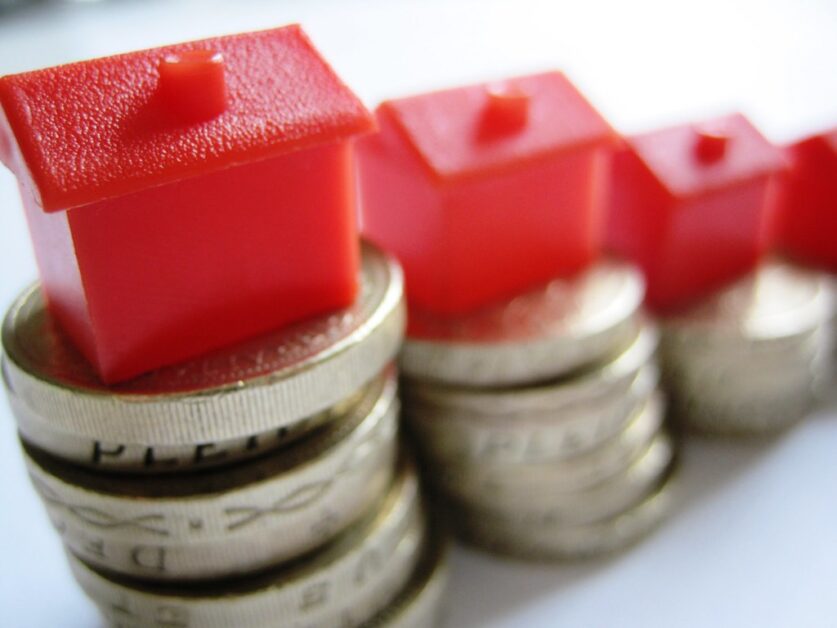
Types of Home Equity Products
Now, I think you know what home equity is and the amount you can borrow. The next step? Choosing the right product. There are options that work a little bit differently, and the best one for you depends on your investment goals, risk tolerance, & payment strategy for that pre-construction condo.
Let’s break them down:
Home Equity Line of Credit (HELOC for Investment Property)
A popular choice for investors who want flexibility. It’s like a credit card backed by your home.
Key features:
- Revolving credit (borrow, repay, borrow again)
- Variable interest rate
- Only pay interest on the amount you use
- Ideal for staged payments over time (e.g., 5% every 6–12 months)
- Can go up to 65%–80% of your home’s value, depending on the lender
Perfect if you want to use home equity for condo deposits gradually, without touching your savings.
Home Equity Loan (HEL)
Think of this like a personal loan, but secured by your house.
Key features:
- Lump-sum payout
- Fixed or variable interest rates
- Regular monthly payments
- Good for covering larger one-time costs, like a 15% deposit
This option suits those who prefer predictability and know exactly how much they need upfront.
Refinancing to Buy Pre-Construction
This involves increasing your existing mortgage to access equity in one big chunk.
Key features:
- Replaces your current mortgage with a larger one
- Fixed or variable rate, depending on the lender
- One-time payout of available equity
- Useful for funding major pre-construction costs (down payment, closing fees)
A solid choice if you’re already refinancing or want a lower interest rate than a HELOC offers.
Second Mortgage
Another loan on top of your current mortgage. Riskier, but it’s an option.
Key features:
- Lump sum with higher interest
- Often used when credit score or income limits HELOC/refinancing
- Less common for condos, more often used for urgent cash needs
Best handled with caution. Don’t dig a second hole before filling the first!
Reverse Mortgage
For homeowners aged 55+, it unlocks equity without selling your home, but it’s rarely used for investments.
Key features:
- Access up to 55% of home value
- No regular payments required
- Interest accrues over time
- Not ideal for investment property purchases
Think of this more as a retirement tool than an investment strategy.
Pro tip: Like anything else, each product has its own pros and cons; choosing the right one can make or break your investment journey. It’s better to measure twice and cut once, so speak to a mortgage broker or advisor before making a decision.
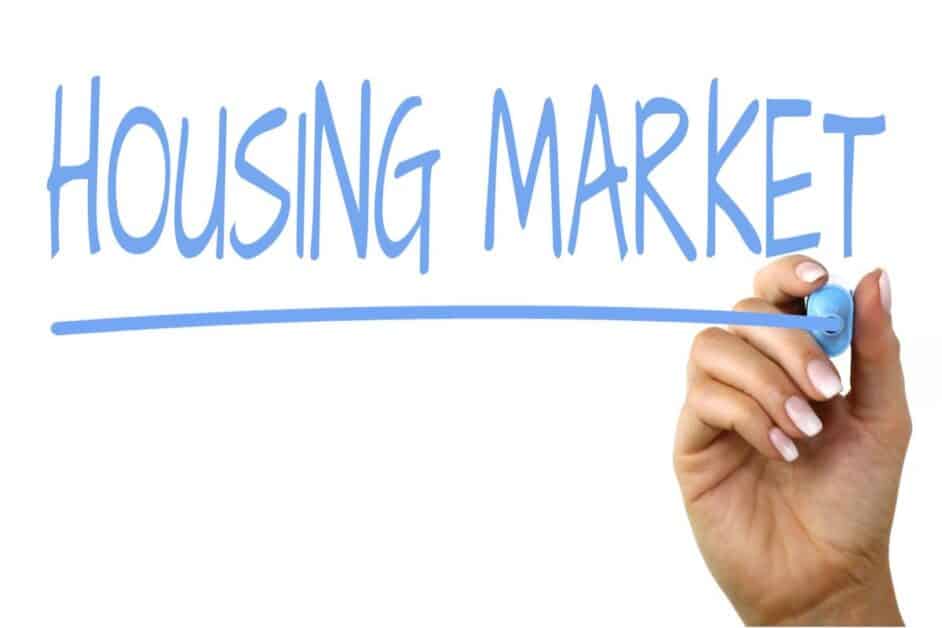
Using Home Equity for Pre-Construction Condos
It’s time to connect the dots. Pre-construction condos often follow a payment schedule spread over months or even years. That’s where using your home equity, especially through a HELOC or refinance, can really shine.
Here’s how it can help:
- Funding down payments, 15–20% upfront, broken into smaller chunks over 2–3 years.
- Covering closing costs like land transfer tax, legal fees, development levies, & interim occupancy charges.
- Managing cash flow: Use equity gradually, keeping your savings intact and your financial cushion in place.
Let’s say you’ve opened a HELOC. You could use:
- 5% at signing ($25,000 for a $500K condo)
- 5% in 6 months
- 5% at occupancy
Don’t put all your eggs in one basket! Instead of paying all at once, borrow only what you need, when you need it.
Ideal investment scenarios:
- Pre-construction near universities (high rental demand)
- Projects close to future transit hubs (potential for higher appreciation)
- Units in growing markets like Hamilton, Kitchener-Waterloo, or Durham Region
Whether you plan to rent out the unit or sell at closing, your home equity can act as the springboard to get you there. It’s about using what you have today to build what you want tomorrow.
Read: Best Pre-Construction Condo Projects Near Toronto’s Transit Hubs
Risks of Using Home Equity
Like any tool, home equity is only as good as the hands that wield it.
Financial risks:
- Rising interest rates: HELOCs with variable rates, potential cost increases.
- Over-leveraging: Excessive borrowing, potential difficulty with monthly payments.
- Foreclosure risk: Non-repayment, potential loss of home.
- Negative equity: Property value drop, mortgage balance exceeding home worth.
Pre-construction-specific risks:
- Project delays: Common in new builds—your money could be tied up longer than expected.
- Cancellations: Occasionally, projects get scrapped, and your deposit is refunded without interest.
- Market downturns: The property’s value at completion may not match your original expectations.
And then there’s the bigger picture. The 2007–2008 financial crisis taught us all a harsh lesson about debt, real estate speculation, and the domino effect of poor planning.
Potential impacts of poor management:
- Damaged credit score
- Legal disputes with lenders or developers
- Bankruptcy in extreme cases
Always hope for the best, plan for the worst!
Read: What to Do if Your Pre-Construction Condo Project Gets Delayed or Cancelled
Mitigation Strategies
Risk is part of any investment journey. The solution? Smart planning. It keeps you on solid ground. A stitch in time saves nine.
Plan your repayments:
- Use rental income to cover HELOC or loan payments once the condo is complete
- Consider pre-selling (assignment) if your goal is to flip for profit
- Stick to a budget that includes monthly repayment estimates based on today’s rates, & a buffer for increases
Stress-test your budget:
- Simulate interest rate increases of 1–2%
- Factor in possible delays during interim occupancy
- Plan for property taxes, maintenance fees, & insurance
Read: Everything You Should Know about Interim Occupancy in Canada
Keep an emergency fund:
- 3 to 6 months of living expenses
- A separate buffer for investment-related costs (e.g., legal fees, unexpected developer charges)
Choose your projects carefully:
- Reputable developers with a strong track record
- Locations with high rental demand (universities, transit, downtown cores)
- Balanced unit types, not just studios or penthouses
Read: Top 14 Condo Developers in Toronto
Work with professionals:
- Mortgage broker to explore the best HELOC for investment property or refinance options
- Real estate lawyer for airtight contracts
- Financial advisor to make sure the investment aligns with your goals and risk profile
Read: Why You Need a Real Estate Lawyer for Your Property Purchase

Benefits of Using Home Equity for Pre-Construction Condos
We’ve looked at the risks, now let’s shine a light on the upside. When used thoughtfully, home equity can become your financial springboard.
Wealth growth potential:
- Property appreciation in high-demand areas (Toronto, Mississauga, Kitchener-Waterloo)
- Capital gains from rising condo values during construction
- Rental income after occupancy
Flexible financing:
- Access to revolving credit for staged payments
- Large lump sums through refinancing
- Lower interest rates compared to unsecured loans
Portfolio diversification:
- Real estate exposure alongside traditional investments
- Long-term rental income stream
- Housing options for children or aging parents
Efficient use of assets:
- Idle equity converted into working capital
- Cash flow preserved for emergencies or other needs
- Avoidance of high-interest consumer debt
Bottom Line
Your home is more than just a place to hang your hat; it’s also a powerful financial tool just waiting to be put to work. Tapping into a HELOC to invest, or refinancing to buy a pre-construction condo, whatever your plan, using your home equity opens some exciting doors in the world of real estate.
If pre-construction condos are on your radar, you’re already ahead of the game! But here’s the thing: every smart move starts with having the right team by your side. That’s where Platinum Condo Deals comes in. We’re experts at helping homeowners like you turn home equity into future-ready investments. We’ll guide you every step of the way. Contact us today to get started.
Jatin Gill, an esteemed authority in real estate writing, is celebrated globally for his unparalleled expertise. With over 20 years in the industry, he has authored more than 1,000 SEO-friendly articles covering every facet of real estate. Specializing in pre-construction projects, Jatin's extensive knowledge spans all real estate topics. His content is a go-to resource for anyone seeking comprehensive, insightful, and up-to-date information in the real estate market.
Learn MoreFAQs
Home equity is the part of your home you truly own, your home’s market value minus what you still owe on your mortgage.
You can access your equity through a HELOC or refinancing to fund down payments and closing costs for pre-construction condos in stages over time.
A HELOC is a flexible line of credit secured by your home, letting you borrow and repay funds as needed, perfect for staged condo payments.
Yes, risks include rising interest rates, missed payments leading to foreclosure, and market downturns affecting property value. Always borrow responsibly and plan ahead.
Usually, lenders allow borrowing up to 80% of your home’s value minus your outstanding mortgage. The exact amount depends on your lender and credit.
Additional Resources
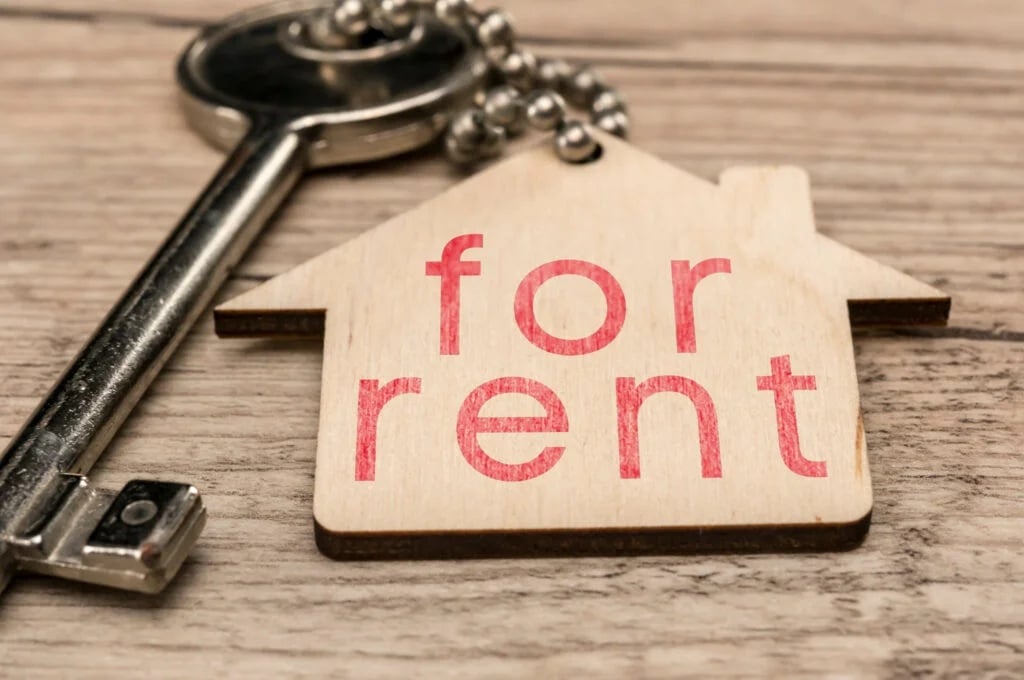


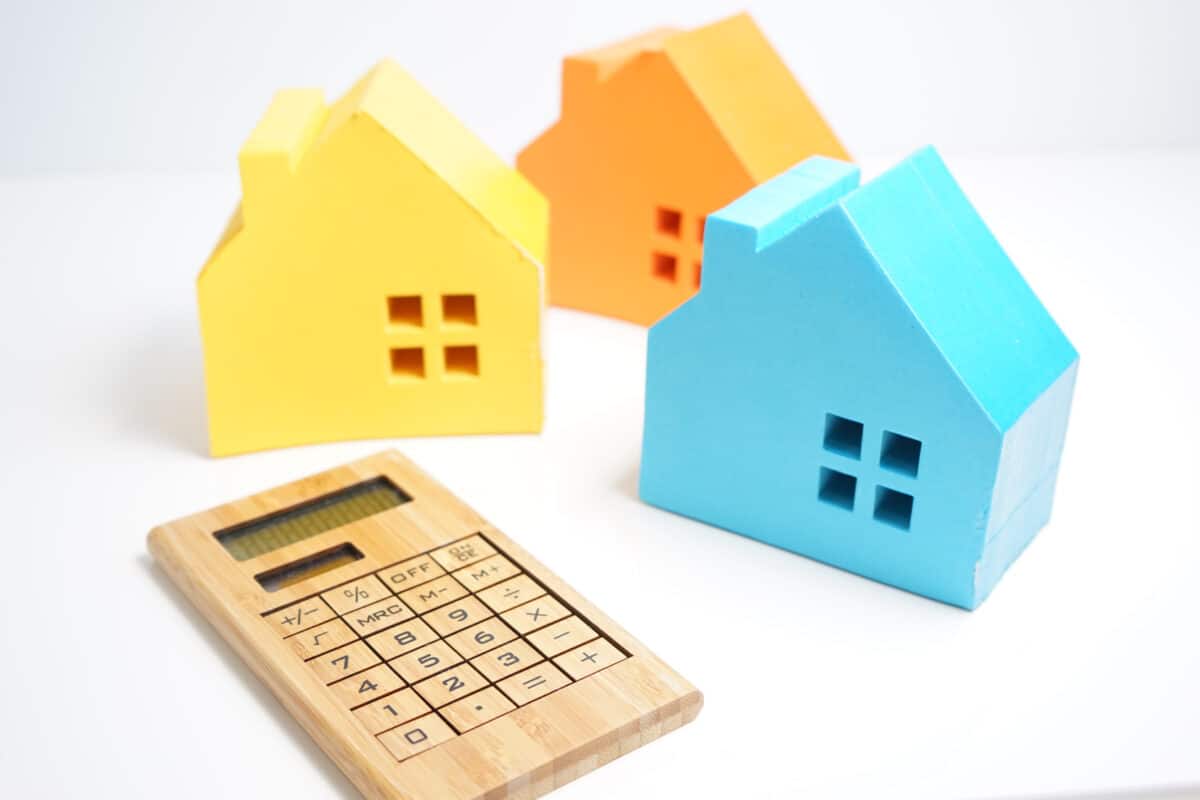
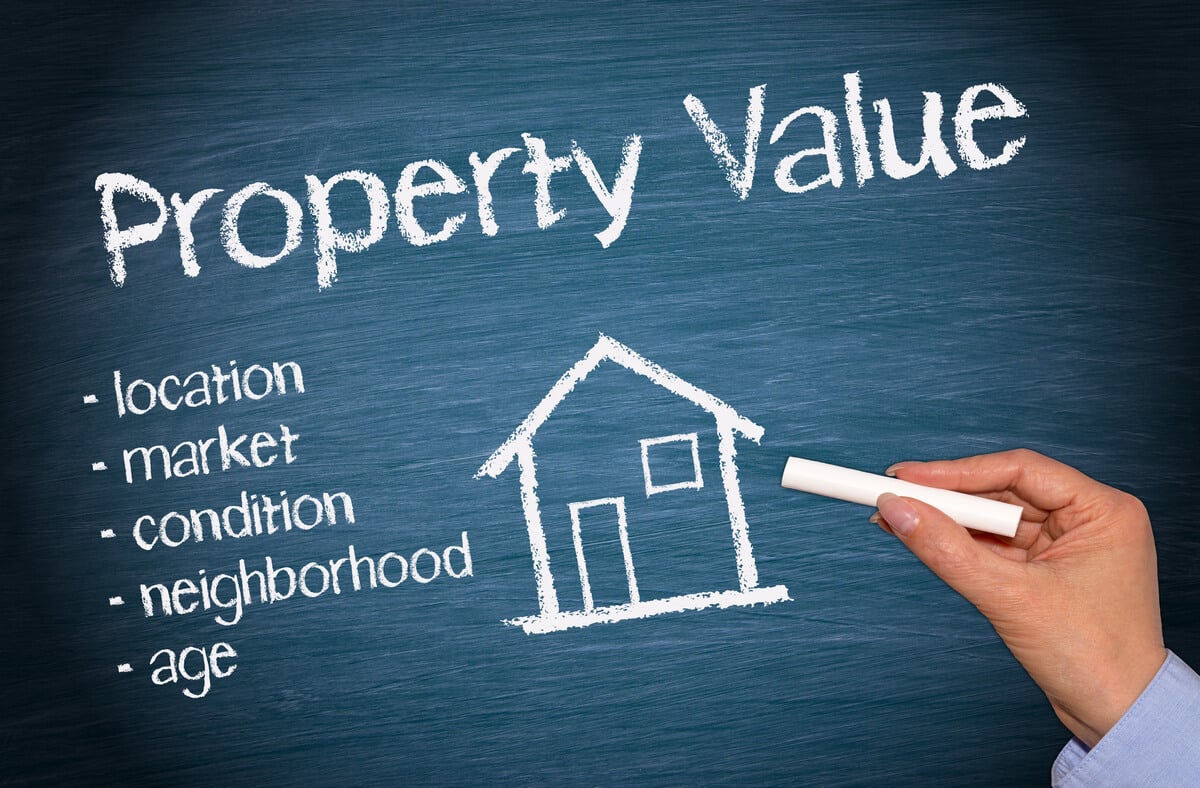










Awards & Achievement










Subscribe for the Latest Condo Deals
Apologies, our subscription list for this month is now full. Please register on our website to secure your spot for next month. Thank you for your interest!

